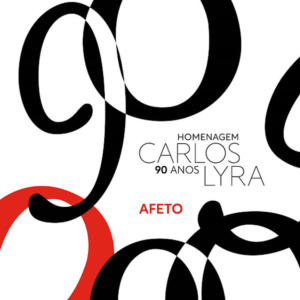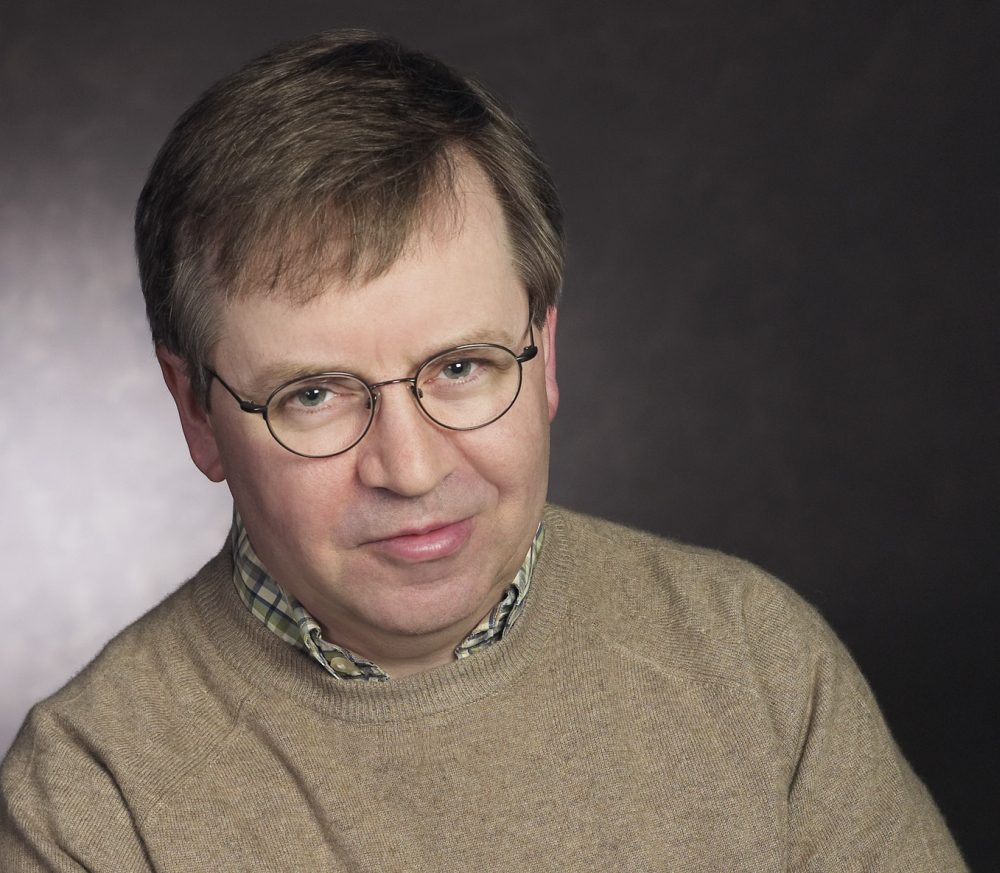The Night Beat — Bossa Nova Pioneer Carlos Lyra
 Join Doug Crane on the Wednesday Night Beat as he looks back on the musical career of Bossa Nova pioneer Carlos Lyra.
Join Doug Crane on the Wednesday Night Beat as he looks back on the musical career of Bossa Nova pioneer Carlos Lyra.
Born on May 11, 1933, he passed away on December 16, 2023. While certainly not as prolific a songwriter as his contemporary Antonio Carlos Jobim, chances are good that you’ve heard some of his compositions if you’re a regular KUVO listener. Jobim himself referred to Carlos as “a great melodist, harmonist, king of rhythm, of syncopation, of swing” and “singular, without equal.”
In 1956, Carlos and fellow Bossa Nova pioneer Roberto Menescal established a guitar academy in Copacabana where the two spent much time dissecting the chords that were part of US West Coast Cool Jazz albums by musicians such as Gerry Mulligan and Shorty Rogers. The recordings by Mulligan, Rogers and others for the Pacific Jazz label found themselves more widely available in Brazil than other US jazz musicians due to a distribution arrangement by label owner Richard Bock. (One is left to wonder what Brazilian music might have sounded like if recordings on labels such as Blue Note or Prestige had more access to Brazil at the time)
Carlos was one of the performers at a concert held at Carnegie Hall on November 21, 1962. Described as legendary, disastrous or both, it introduced the US to Jobim, Luis Bonfa, Roberto Menescal and many Brazilian musicians plus Stan Getz, Charlie Byrd and Gary McFarland. The concert was a sellout with 2,800 attendees and another 1,000 outside the auditorium hoping to gain entry. While the rainy weather and inadequate sound system could have doomed the proceedings, the concert resulted in the signing of some of the musicians to recording contracts.
Mere weeks later Jobim, Joao Gilberto, Sergio Mendes, Menescal and Carlos Lyra performed at George Washington Auditorium in Washington, DC. First Lady Jackie Kennedy invited the musicians to the White House afterward.
With the rapidly changing political climate in Brazil, Carlos self-exiled himself to Mexico in 1964. He would return to Brazil in 1971 but by 1974 was living in the US. To provide more detail about this period we’d need to provide you with a history lesson in Brazilian politics. Which we’re not.
While Vinicius de Moraes and Ronaldo Boscoli would write lyrics for many of Carlos Lyra’s songs, one of my personal favorites is “A Certain Sadness” from around 1966 with lyrics composed by John Court (who I know nothing about other than he’s mentioned on a couple of Richie Havens’ albums and wrote lyrics for “Sugar Plum,” a song written and performed by Bill Evans. Astrud Gilberto first recorded “A Certain Sadness” with Brazilian organist/pianist Walter Wanderley in 1967. The song is gorgeous but the lyrics portray a relationship coming apart at the seams which may explain the few number of covers.
2023 has seen a bit of renewed interest in Carlos Lyra’s songs. Just a few months ago Antonio Adolfo released “Bossa 65”, a collection of songs by Carlos and Roberto Menescal. And at the beginning of the month “Afeto: Homenagem Carlos Lyra (90 Anos)”, a recording featuring a number of Brazilian musicians (including Gilberto Gil, Joyce Moreno, Djavan, Paulo Morelenbaum and Ivan Lins) with arrangements by Joao Donato, Antonio Adolfo, Jacques Morelenbaum and Marcos Valle was released.
Tune in to The Night Beat with host Doug Crane on Wednesday, December 20 at 8 pm on KUVO JAZZ…the Oasis in the City!
Stay connected to KUVO’s programs and our community! Sign up for the Oasis E-News today!
Become a Member
Join the growing family of people who believe that music is essential to our community. Your donation supports the work we do, the programs you count on, and the events you enjoy.
Download the App
Download KUVO's FREE app today! The KUVO Public Radio App allows you to take KUVO's music and news with you anywhere, anytime!
